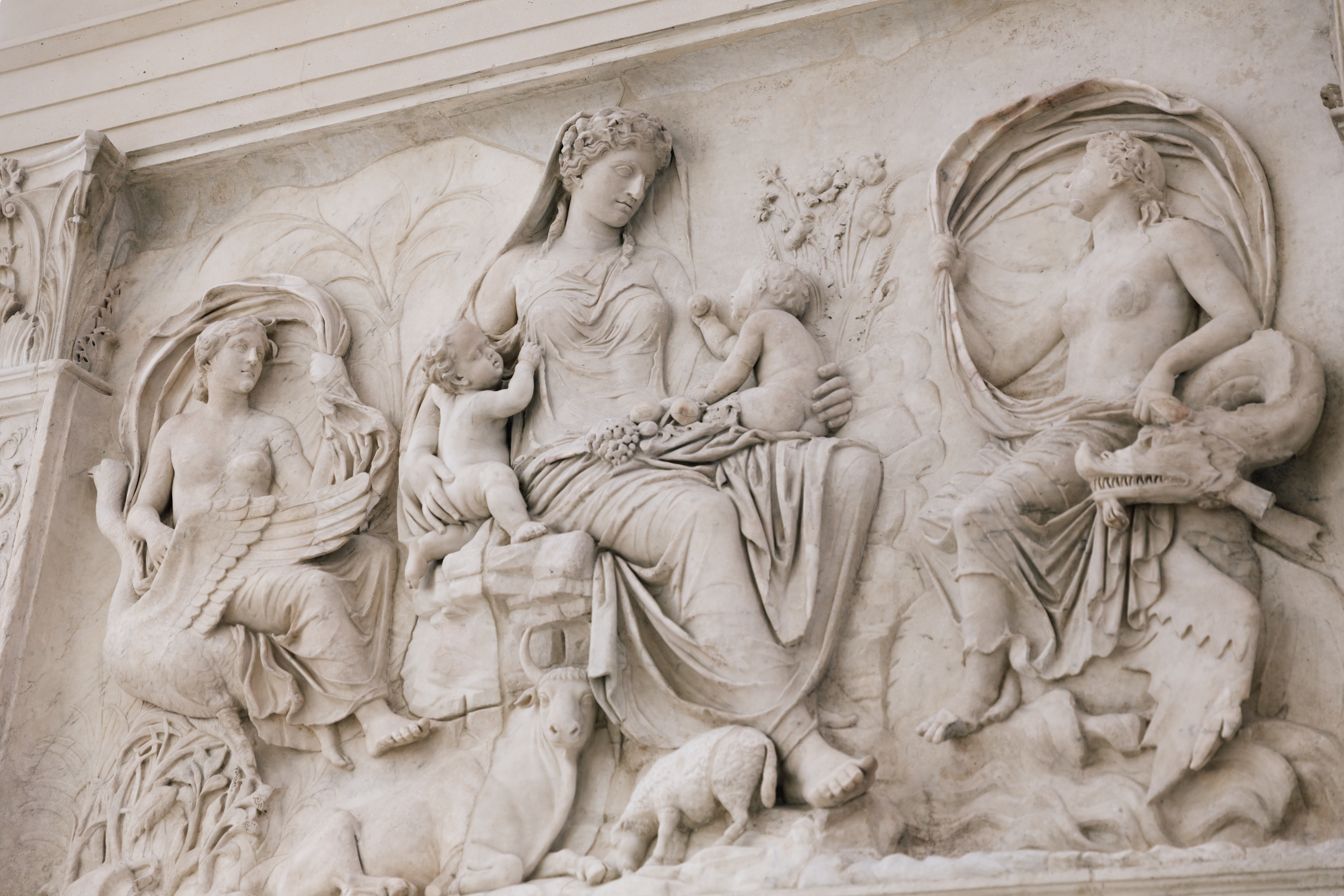

To study the humanities is to explore that which makes us human - the ideologies, philosophies, and literature that shape our civilizations, drive our ambitions, and define our essential sense of self.
These are indeed big topics and grand themes. And if you’re studying the humanities at a university in Italy, you are perfectly positioned to appreciate the grandeur of Rome’s unique contribution to the discipline, just outside your classroom door.
Humanistic studies take us on a journey through time and across continents, surveying pivotal historical moments and groundbreaking movements. This incredible overview of human evolution changes how students see themselves and the contemporary world. They develop several valuable and enduring skills that will set them apart from their peers and serve them well, long after graduation.
The Question-Asker
Students of the humanities are known for their thirst for inquiry. Any good research paper, literary essay, or philosophical argument begins with a question, with a desire to know and understand. Socrates himself stressed the importance of inquiry – it forms the basis of his famous Socratic method!
In fact, thinking itself is driven by question-asking. Questions define tasks, express problems, and outline issues. If you’re not asking questions, you’re not progressing. Students who’ve made the decision to study abroad already get it. They’ve asked themselves what would enhance their learning and complement their love of the humanities. And for some of them, that meant traveling halfway around the world. Now that’s the kind of initiative that both grad schools and employers can appreciate.
The Critical Thinker
What is critical thinking exactly? Well, it’s the ability to examine a proposition from all sides before you decide you accept it – before you give away your consent. Our ability to think critically directly affects how easy we are to fool, how often we lose our way, and how sound our judgement is. It’s an ability all humanities students develop as they examine some of history’s most compelling political and religious ideologies. Critical thinking is perhaps the most essential and enduring life skill.
The Creative Problem-Solver
The question-asker and the critical-thinker are almost always the best problem-solver in the room. They can see a challenge from all angles, they intuitively resist flawed solutions, and when they’re humanities majors, they’ve got the creative skills to look outside the box for answers. Humanistic studies invite students to appreciate and analyze some of the greatest cultural works history has to offer – these wonders inspire students to challenge the status quo and push past conventional limitations. And if you’ve chosen to study at our American university in Rome, many of those artifacts are just outside your door.
What’s your reason for choosing humanistic studies?




